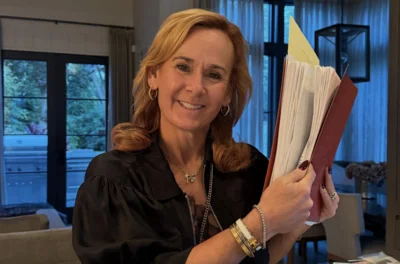Congressman Sean Casten | Congressman Sean Casten Official U.S. House Headshot
Congressman Sean Casten | Congressman Sean Casten Official U.S. House Headshot
Washington, D.C. —On May 31, 2023, U.S. Congressman Sean Casten (IL-06) voted for the Fiscal Responsibility Act, legislation that raises the debt limit until 2025.
“I voted to raise the debt limit because the credit of the United States should never be questioned,” said Rep. Sean Casten. “Defaulting on our debt would be catastrophic for the global economy. Prices would soar. Interest rates would skyrocket. The average cost of a 30-year mortgage in Illinois would increase by $117,800. Over 1.4 million Illinois households could miss their monthly Social Security check. In other words – defaulting on our debt is not an option.
"That said, the transmission study included in this bill was a grave disappointment, and an 'own-goal' by the White House. There have been plenty of reports on the technical challenges to interregional transmission – we don’t need another. That the White House chose to include an unnecessary and redundant study in this bill that could potentially delay the urgent need for new upgrades suggests a failure to understand the physics and economics of our nation's electric grid and a concomitant failure to secure input from those with expertise they lacked.
“We must continue to work towards comprehensive permitting reform that prioritizes electricity transmission and clean energy-focused policy. Congressman Mike Levin and I plan to introduce the Clean Electricity and Transmission Acceleration Act in the coming weeks to serve as the consensus permitting reform package for House Democrats.
“Lastly, we should not lose sight of the fact that this was an unnecessary crisis manufactured by House Republicans, who saw their ability to tank the economy as a political tool worth using. I once again urge the House to immediately pass Congressman Bill Foster’s End the Threat of Default Act, which would eliminate the debt limit entirely. Congress already authorizes all spending and revenues. We should not have the right to choose to not pay our bills when the former exceeds the latter.”
Original source can be found here.






 Alerts Sign-up
Alerts Sign-up